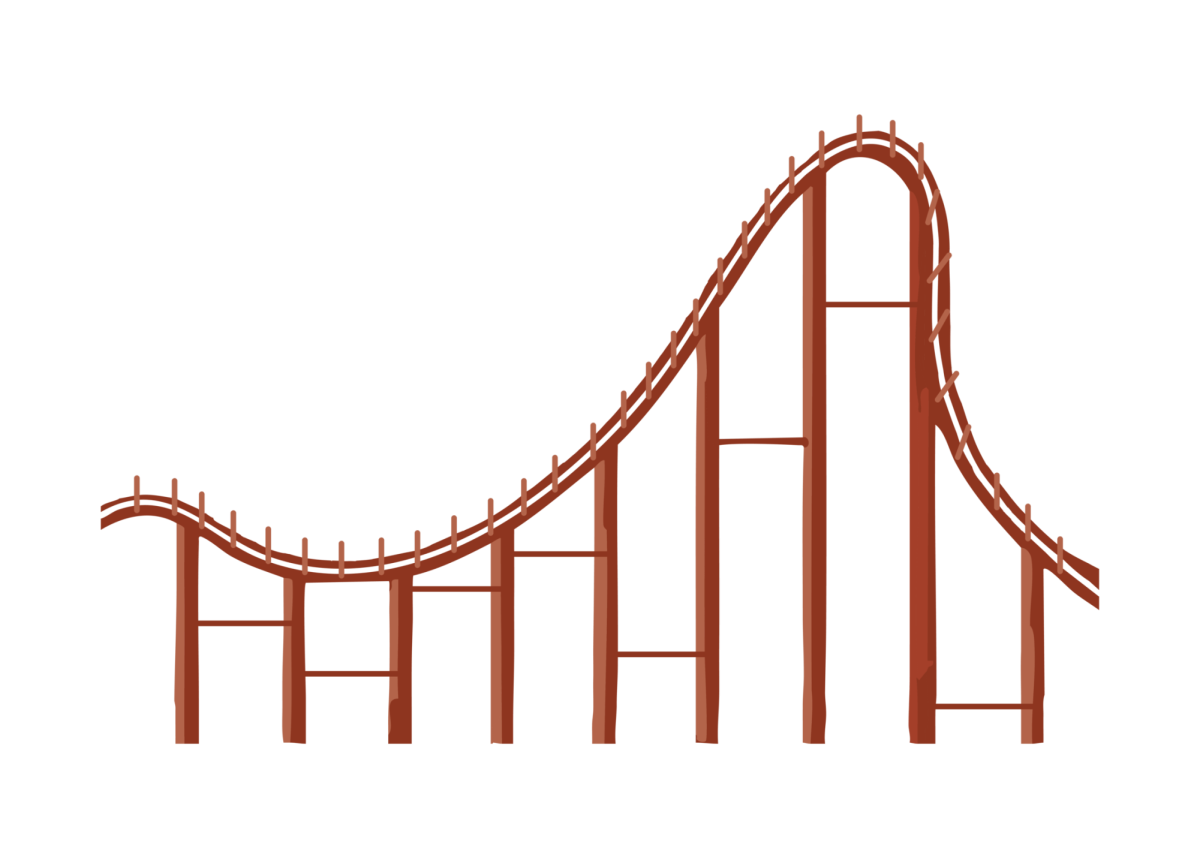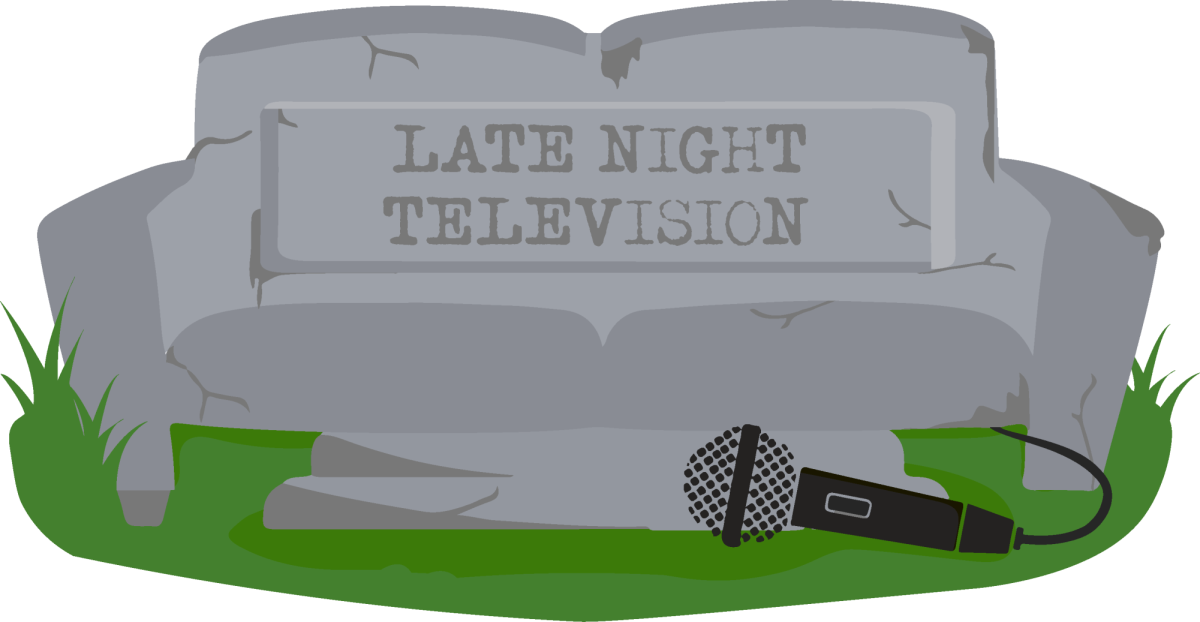On Oct. 1, Dr. Jane Goodall died during her speaking tour in California. In her 91 years of life, she trailblazed as an ethologist, anthropologist and a woman.
In school, many of us learned year after year and heard story after story about her groundbreaking discoveries. For good reason too, because Jane Goodall was a treasure.
From a young age, the curiosity that would shape her inspiring life was evident. When she was a child, she was curious about how chickens laid eggs. While many children would simply ask an adult, she craved answers, and her need to know was too strong to wait.
In true Jane Goodall fashion, she sat and observed for hours to see the process for herself. She crawled into the hen’s habitat and stayed there. While her mother was frantically searching for her, she was exactly where she wanted to be: studying nature and immersing herself in a new world.
Goodall was always drawn to nature and exploration. She tamed birds from her bedroom window. She was inspired by storybook characters like Dr. Dolittle, Tarzan and Mowgli.
As she began her career, she faced the same struggles that many of us women in male-dominated fields face: a lack of respect. In an interview with Time Magazine, she expressed that when she was a child, she dreamt of being a man because she wanted to travel to Africa and explore.
She was drawn to the all-male characters that inspired her, because there weren’t any female explorers.
I remember being in elementary school, sitting in that reading circle, excited to hear more about her.
I didn’t understand the complexities of hypotheses or the scientific method, all I understood was that there was a woman who was able to coexist with animals in the jungle and learn from them.
She became that female explorer in books that she didn’t have growing up to so many young girls.
In a world where humans are actively trying to take away others’ cultures from their own species through processes like forced assimilation, Goodall spent so much time learning from animals and their culture, accepting it in order to understand. It was and is, a unique perspective.
While her mother encouraged her dedication, the men in her life were focused on getting her married, or becoming a lady-in-waiting to Queen Elizabeth II.
Not only was she a woman, but she didn’t have a formal degree. She couldn’t afford one. She worked as a waitress to save up money to be able to travel to Kenya.
Though she didn’t have a formal degree, her unique, empathetic approach to her craft was different than others. She flipped such a technical field upside down.
She gave the chimpanzees she worked with names instead of numbers. She recognized the emotions of primates.
Growing up around farm animals, I was taught that every animal has their own unique personality. I thoroughly believe it. I always say that my horse Cash has the personality of a teenage boy, Rugar is sophisticated and the barncat Toes has a big heart to match his big body. It may sound like something out of a children’s book, but it’s true.
It sounds magical, not scientific. But Jane Goodall showed that it can be both.
In a world where we crave instant gratification, Goodall emphasized patience. Even in the story of the hen, she was patient. When she first went to Africa, the chimps ran away from her, but after months, one approached her. The reward came later, and it was worth it.
She also encouraged humility and the idea that it’s important to live as a student, always open to learning more.
Whether it be other wild animals, our pets or even each other, Jane Goodall should be seen as the blueprint for how we treat and learn about other living things.









